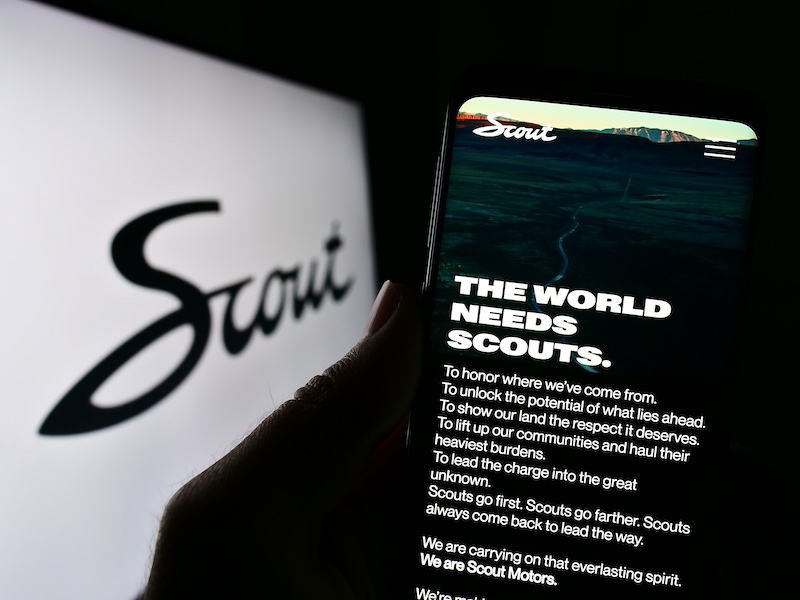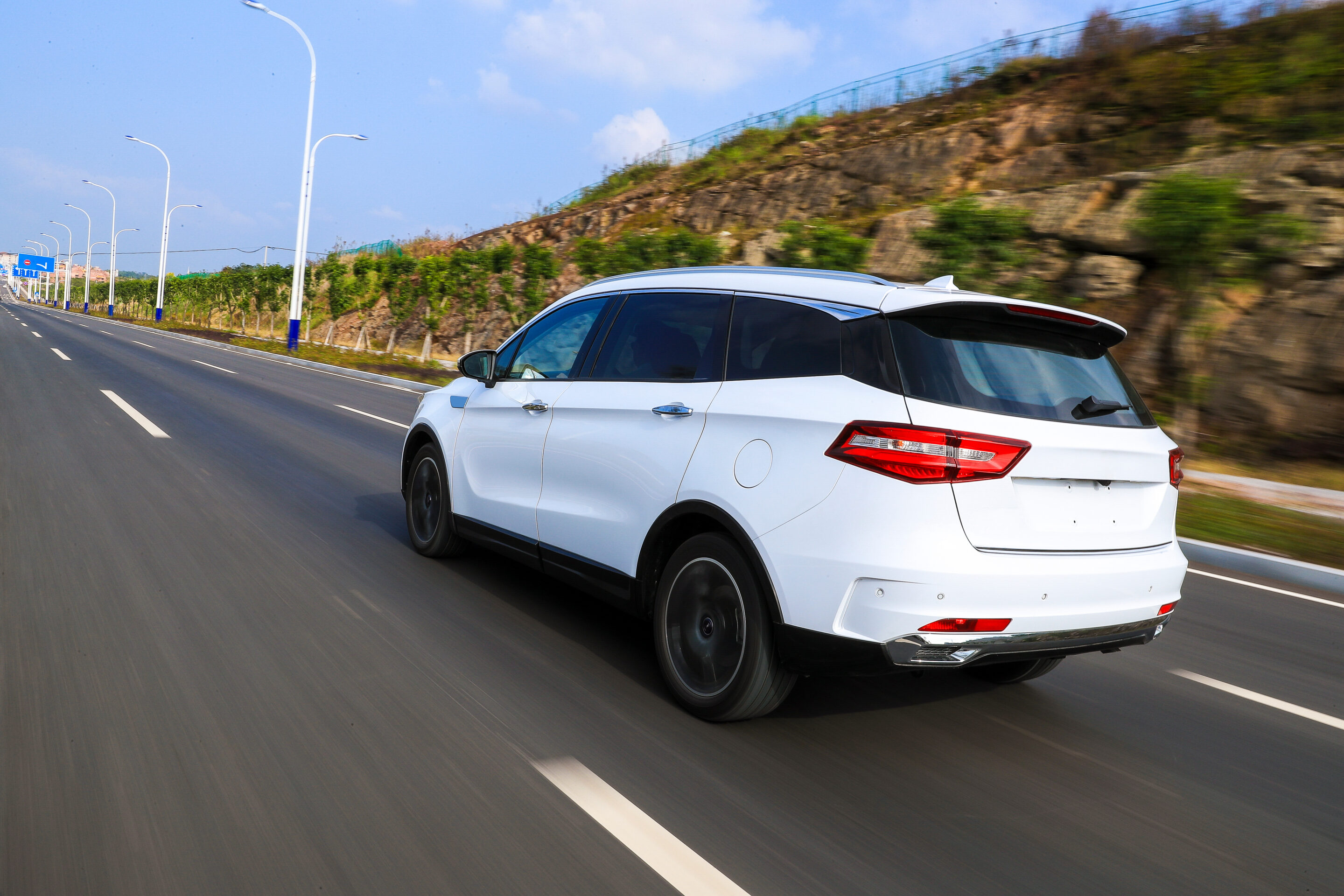U.S. auto dealers are preparing to contest Volkswagen‘s plan to sell Scout Motors cars directly to consumers (DTC).
Scout Motors CEO Scott Keogh recently stated he expects the electric SUV and truck brand will have around three dozen U.S. retail centers when sales begin in 2027, eventually rising to 100.
Other EV sellers like Tesla, Rivian and Lucid have direct sales models. Keogh pledged the DTC model will have full price transparency and able to complete transactions in minutes.
“I think it’s critical moving into the future in unstable environments to control your customer, control your margin, control your operational excellence,” Keogh said, referring to the direct sales plan.
NADA Battle
VW is building a $2 billion factory in South Carolina and expects to begin production of the new vehicles in 2027. The Scout Traveler SUV and Scout Terra pickup will start under $60,000. Scout, which will be able to produce 200,000 vehicles annually in South Carolina, is currently planning 65-70 percent of production as SUVs versus pickups.
But the decision to bypassing independent retailers is being challenged by dealers in the U.S. National Automobile Dealers Association (NADA) CEO Mike Stanton said their organization and state associations “will challenge this and all attempts to sell direct in courthouses and statehouses across the country.”
“VW AG’s decision to attempt to sell Scout vehicles direct to consumers and compete with its U.S. dealer partners is disappointing and misguided, and it will be challenged,” said Stanton in a press statement. “Unfortunately, it’s also not terribly surprising, as VW AG CEO Oliver Blume and Scout CEO Scott Keogh have avoided engaging with or even responding to NADA for months.”
State Battles
What will be the at the center of the fight are state laws barring automakers with independent dealer networks from selling directly to consumers. Tesla has sued Louisiana, challenging its ban on direct vehicle sales to consumers.
Attorney Richard Sox, representing dealer associations, noted that Scout’s affiliation with VW complicates its legal standing in several states and they could face significant pushback, given that franchise laws in most states bar automakers with dealer networks from engaging in direct sales.
The California New Car Dealers Association, which is reviewing Scout’s strategy, indicated that Scout’s move will be closely examined for compliance with state franchise laws. Sox added that his firm already works with at least 10 state associations, each examining legal avenues to challenge the proposed sales model. However, legal battles may occur state-by-state without unified federal guidelines, underscoring the complex regulatory environment facing direct-to-consumer EV sellers.
Franchise Model
Stanton pointed to a recent study by Oliver Wyman that found the cost and value of new-car distribution utilizing franchise dealers is more cost-effective than a direct sales channel, and provides tremendous value to automakers and consumers alike.
“Since VW AG signaled the reemergence of the Scout brand in the U.S., NADA has communicated very clearly on numerous occasions to their leadership that the franchise system is the best and most-efficient way to deliver the customer experience that today’s marketplace demands,” he added. “NADA and state dealer associations fully stand behind VW and Audi dealers that are being left behind by this decision and are prepared and will challenge this and all attempts to sell direct in courthouses and statehouses across the country.”








